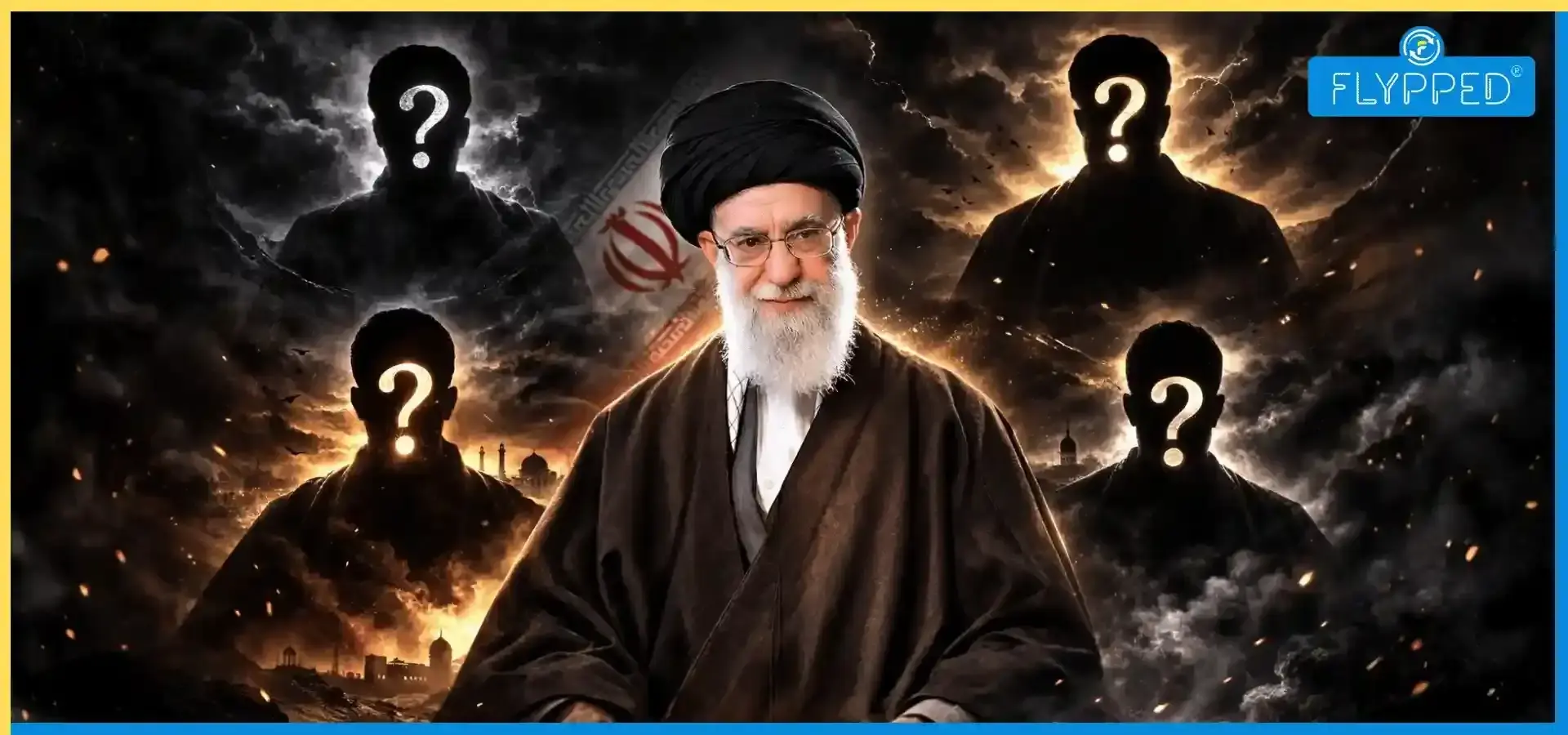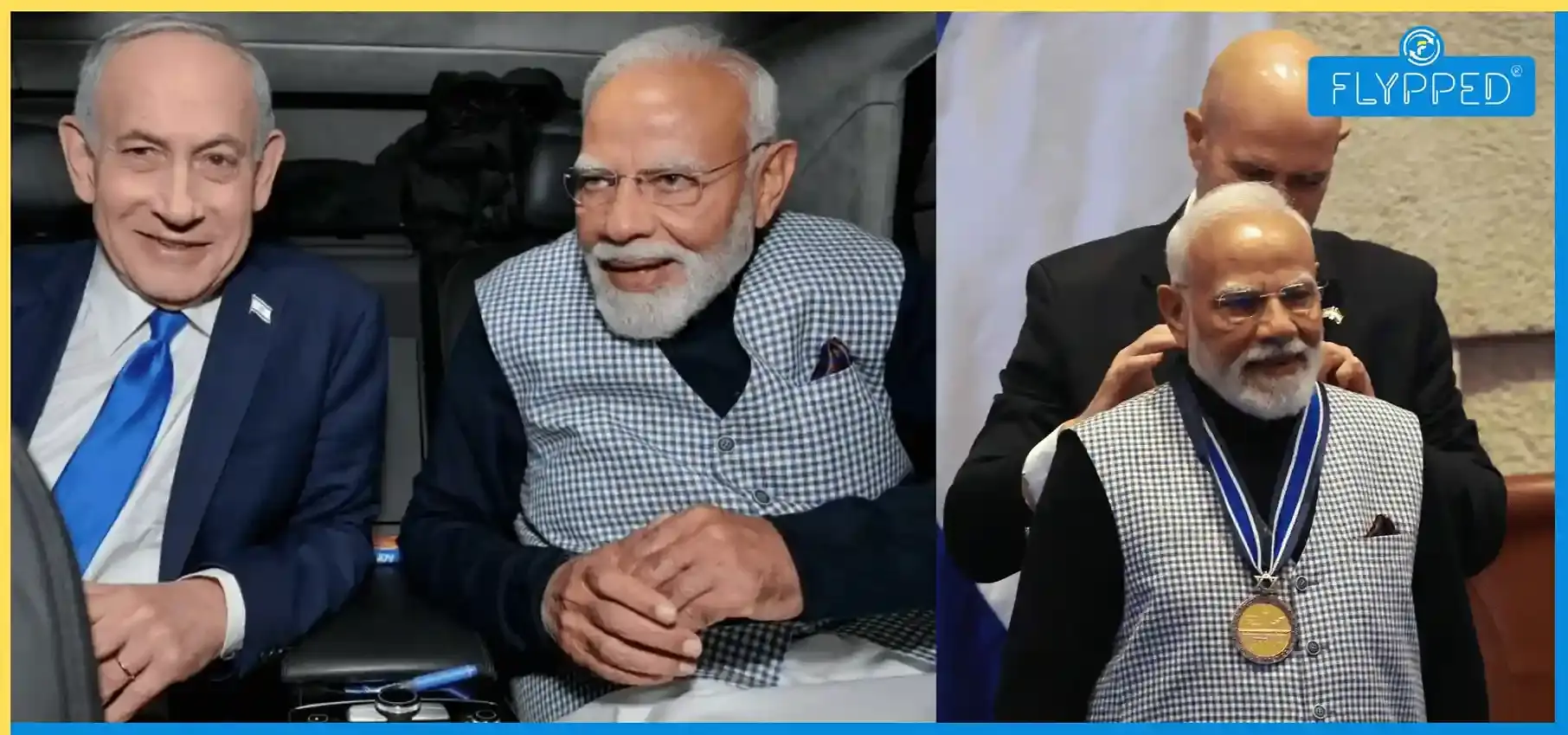Sudhansu Trivedi in RS says Modi is matchless and cannot be compared with Nehru

In a recent session of the Rajya Sabha, Sudhanshu Trivedi, a prominent member of the Bharatiya Janata Party (BJP), made headlines with his assertion that Prime Minister Narendra Modi is matchless and cannot be compared to India’s first Prime Minister, Jawaharlal Nehru. This statement has sparked significant debate and discussion among political analysts, historians, and the general public.
Setting the Stage for the Debate
Trivedi’s remarks came during a heated debate in the Rajya Sabha, where members discussed the comparative legacies of various Indian leaders. In his speech, Trivedi emphasized the uniqueness of Modi’s leadership style and achievements, contrasting them with those of Nehru. His comments were met with a mix of applause and criticism, reflecting the deep divisions in public opinion on this topic.

The Legacy of Jawaharlal Nehru
Jawaharlal Nehru, a central figure in India's independence movement, served as the country’s first Prime Minister from 1947 to 1964. Nehru's tenure was marked by the establishment of democratic institutions, significant industrialization efforts, and a commitment to secularism. He laid the foundation for India's mixed economy and championed scientific and technological advancements.
Nehru's vision of a socialist pattern of society aimed at reducing inequality and promoting social justice. He was also instrumental in formulating India's foreign policy of non-alignment during the Cold War, seeking to keep India away from the influence of both the US and Soviet blocs.
Narendra Modi’s Era of Leadership
Narendra Modi, who became Prime Minister in 2014, brought a different approach to governance. Modi's tenure has been characterized by economic reforms, infrastructure development, and a focus on nationalism. His government launched several flagship programs like Make in India, Digital India, and Swachh Bharat Abhiyan, aimed at transforming the nation’s economic and social landscape.
Modi's leadership has also been marked by a strong stance on national security and efforts to enhance India's global standing. His approach has resonated with a significant portion of the electorate, leading to a decisive re-election in 2019.
Trivedi’s Key Arguments
Sudhanshu Trivedi highlighted several key points to support his claim that Modi is unmatched and cannot be compared to Nehru:
-
Economic Reforms and Development: Trivedi pointed out that Modi’s tenure has seen significant economic reforms, including the introduction of the Goods and Services Tax (GST) and efforts to improve the ease of doing business in India. He argued that Modi’s focus on economic development is more pragmatic and growth-oriented compared to Nehru’s socialist policies.
-
Nationalism and Security: According to Trivedi, Modi's emphasis on nationalism and national security sets him apart. The abrogation of Article 370, which granted special status to Jammu and Kashmir, was cited as a bold move aimed at integrating the region more fully into India.
-
Global Leadership: Trivedi emphasized Modi’s efforts to enhance India’s global stature. Modi’s active engagement with world leaders and participation in global forums were presented as evidence of his successful foreign policy, contrasting with Nehru's non-alignment policy.
-
Public Welfare Schemes: Trivedi also highlighted the numerous public welfare schemes launched under Modi's leadership, such as the Pradhan Mantri Jan Dhan Yojana, which aims to increase financial inclusion, and the Ujjwala Yojana, providing free LPG connections to poor households. These schemes were presented as evidence of Modi's commitment to improving the lives of ordinary Indians.
The Opposition's Counterpoints
While Trivedi's arguments were compelling to his supporters, the opposition was quick to counter his claims. Critics argued that comparing leaders from different eras with distinct challenges and contexts is inherently flawed. They pointed out that Nehru’s role in laying the democratic and institutional foundation of the nation is unparalleled and deserves recognition.
Critics also questioned some of Modi's policies, arguing that they have led to increased social polarization and economic disparities. The handling of the COVID-19 pandemic and the economic slowdown were also cited as areas where Modi’s leadership has faced significant criticism.
Public Reaction and Media Coverage
The debate between Trivedi and his opponents has garnered extensive media coverage. News outlets and social media platforms have been abuzz with discussions on the merits and demerits of both leaders’ legacies. Hashtags like #ModiVsNehru and #TrivediSpeaks have trended on Twitter, reflecting the public's keen interest in this debate.
The Larger Implications
The discussion initiated by Trivedi’s statement is more than just a comparison of two leaders; it reflects the broader ideological battles within Indian politics. It brings to the forefront questions about the direction in which the country is headed and the values that should guide its progress.
Conclusion
In conclusion, Sudhanshu Trivedi's assertion that Narendra Modi is matchless and cannot be compared to Jawaharlal Nehru has reignited a vital conversation about leadership and legacy in India. While Modi's supporters view his tenure as a period of significant transformation and progress, Nehru's legacy as a nation-builder and visionary remains deeply respected.
Click to read the full article






